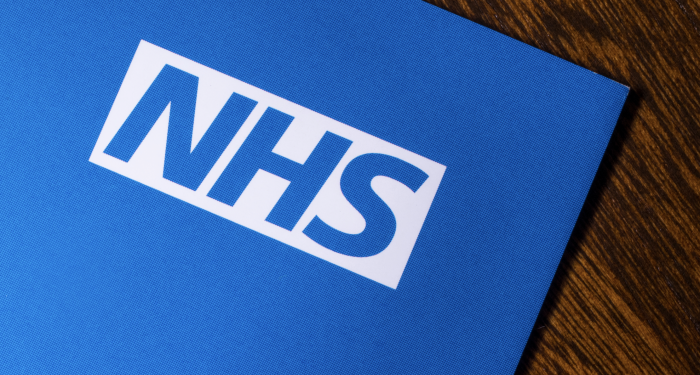The number of adults seen by NHS dentists within recommended timeframes decreased by 9.5 per cent in June 2022 compared to the previous 2 years, according to a report published by NHS Digital.
In the 24 months leading up to June 2022, 16.4 million adults in England had NHS dental care, according to NHS Dental Statistics, England 2021–22.
This reflects a 9.5 per cent decline from the 18.1 million people seen in the 24 months prior to June 2021. There has been a decrease of 25.3 per cent from the 24 months prior to June 2019, when 22 million adults were seen.
According to the research, 5.6 million children were seen in the 12 months leading up to June 2022. The study indicates a drop of 20.2 per cent as compared to the 12 months leading up to June 2019, with 7.0 million youngsters seen.
26.4 million treatment plans were provided by NHS dentists in 2021–2022. In comparison to the 12.0 million deliveries made in 2020–21, this represents an increase of 120 per cent. When compared to the 39.7 million deliveries made in 2018–19, there has been a decline of 33.6 per cent.
Additionally, 3.8 million urgent treatments were provided in 2021–2022. This is an increase of 4.5 per cent over the 3.6 million delivered in 2018–19 and an increase of 5.7 per cent over the number delivered in 2020–21.
The report includes data on dental activities, such as the number of patients seen within the maximum advised gap between appointments and those treated by NHS dentists.
Broadstone director at independent consultancy David Pye says: “Oral health is essential to our overall health and wellbeing so the collapsing number of patients accessing NHS dental services is a ticking time bomb. Issues like cavities and gum diseases may seem minor but they cause persistent pain and misery while they can also contribute to far more serious health issues like heart disease, cancer and type 2 diabetes.
“Recent research found that nine in 10 NHS dental practices in the UK are not accepting new patients and access to affordable treatment is the primary concern. Many people are unable to afford private fees and this has led to some unthinkably horrific stories of people’s self-treatment of their dental issues.
“As a result of this crisis, we expect to see demand from employees for employers to help via dental insurance plans to grow. It will allow people to fill the NHS access gap with flexible, affordable private care to support their health.
“The benefits for employers are evident: better health, reduced absenteeism and therefore higher productivity from their workforce. But businesses will also need to carefully manage their private healthcare costs and exposure to future premium reviews as the use of cover becomes more common.”





